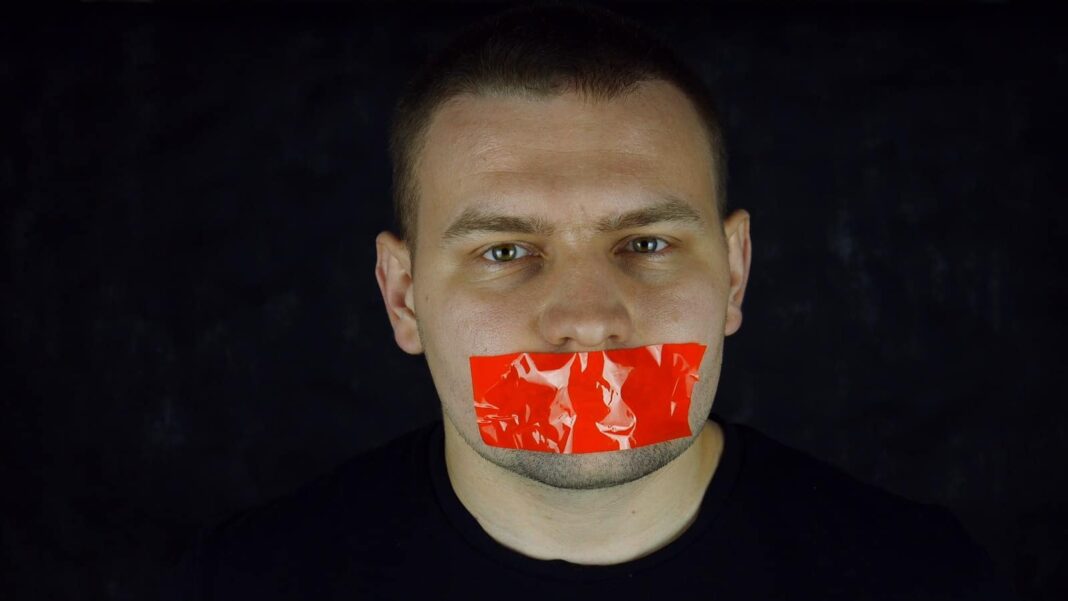Right to honour, while still a fundamental right, is more of an individual right, says Spanish expert
Carlos Brito Siso, Chairman of the Human Rights Section of the Bar of Attorneys of Madrid (ICAM), published in specialized legal portal otrosi.net that the right to freedom of expression allows individuals to express their opinions, “which may even cause discomfort or offence to others, but which cannot be prohibited for that reason, as the European Court of Human Rights (ECtHR) has indicated and as is protected by art. 10 of the European Convention on Human Rights (ECHR). Indeed, it is important for any democratic state that such expressions of opinion and dissenting voices are heard.”
While explaining that there are some limits, he states that:
“On the other hand, the right to honour is not exhaustively included in the ECHR, but the doctrine of the ECtHR has considered it a right that can be protected under Article 8 ECHR, as can be seen in the case of Fürst-Pfeifer v. Austria, although in this case the balance between Articles 8 and 10 of the ECHR was not assessed as such, since the Court based itself on determining whether the Austrian courts had correctly applied the principles inherent to freedom of expression.”
Freedom of expression is a fundamental and determining right in a state governed by the rule of law
“Freedom of expression is a fundamental and determining right in a state governed by the rule of law, whereas the right to honour, while still a fundamental right, is more of an individual right. When these rights collide, a balancing test must be carried out, as established in the settled constitutional jurisprudence on the right to freedom of expression and the right to honour. This weighing up should be in line with the criteria of the ECtHR, which has ruled on the matter.”
Freedom of expression prevails over the right to individual honour when the specific manifestations of this freedom are aimed at expressing ideas or opinions of public interest
“With regard to the collision of these rights, the Constitutional Court (TC) has considered that freedom of expression prevails over the right to individual honour when the specific manifestations of this freedom are aimed at expressing ideas or opinions of public interest, which are not formally injurious or absolutely vexatious and are necessary to transmit the corresponding ideas or opinions (STC 9/2007, FJ 4, ECLI:ES:TC:2007:9).”
Attorney Brito continues to explain in his longer article that:
“Spain has a duality of channels for claiming a possible infringement of the right to honour, we have the criminal route, where the limitations are provided for in the CP (arts. 205-216) that attack honour as a specific modality of the so-called “crimes of expression“. On the other hand, in the civil order, it is contemplated in the LO 1/1982, where the response is of a compensatory nature, recognising that the rights to honour, privacy and self-image will be civilly protected against any type of illegitimate interference, in accordance with the provisions of the LO. In the majority of cases, they are settled by the latter route, due to the fact that it is a more expeditious procedure with a restorative content, preferable to a punitive one.”
“To cite an example, in STS 700/2021 (ECLI:ES:TS:2021:3666), the Civil Chamber upheld a judgment in which it did not consider unlawful interference with the right to honour of some companies dedicated to the sale of products for the elderly in their homes, with respect to comments posted on the company’s website, comments that were made by a user. The Chamber considered that the right to freedom of expression must prevail in the public interest:
“… although the comments are highly disparaging, they have sufficient factual basis and are framed in a context of social alarm and public debate reflected in the media and of importance and interest to the public in general and to consumers in particular, especially to the most vulnerable, to whom they can warn and alert of commercial door-to-door selling practices that are the object of criticism and reprobation. At this juncture, it is appropriate and convenient to reinforce the prevalence of freedom of expression with respect to the right to honour, giving the former greater and sufficient protection to exclude the illegitimacy of the intrusion that could be inferred from the use of the expressions uttered in isolation or in other circumstances…”.
Brito explains that in this case, it was appropriate to reinforce the prevalence of freedom of expression over the right to honour, especially when vulnerable consumers were involved. On the right to honour and legal persons in the ECtHR, see the case of Gawlik v. Liechenstein.
The article published in otrosi.net concludes saying that:
“In short, we insist on the problematic use of criminal instruments for the protection of the right to honour, due to the difficulty that freedom of expression and its proportionality could pose, with criminal proceedings not being the appropriate way to claim a possible infringement of the right to honour, which can be settled by civil jurisdiction as indicated above. In civil proceedings, financial compensation and the respective measures for publicising the sentence may be obtained in the event that the infringement of honour is determined not to be covered by the right to freedom of expression.“
“However, the claim for financial compensation in civil proceedings must also be adequate and proportional, avoiding arbitrariness or manifest disproportion, in accordance with the criteria established in art. 9.3 of the LO 1/1982 (vid. STS 237/2019, FD 2, ECLI:ES:TS:2019:1331).“
“Finally, in legal praxis, these delimitations, which the courts are responsible for weighing up, leaning towards one or other of these rights, are not uncontroversial. In this case, the right to freedom of expression, its scope and importance within the rule of law, is vindicated. In this way, some unpleasant expressions are no more than a manifestation, inappropriate for some people, but fortunately protected by the right to freedom of expression.”









